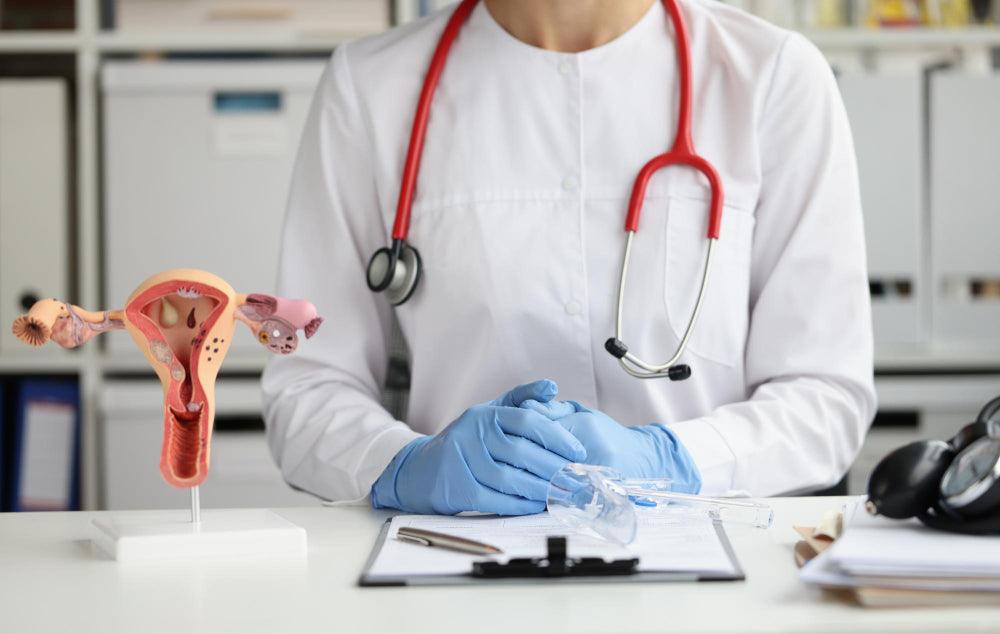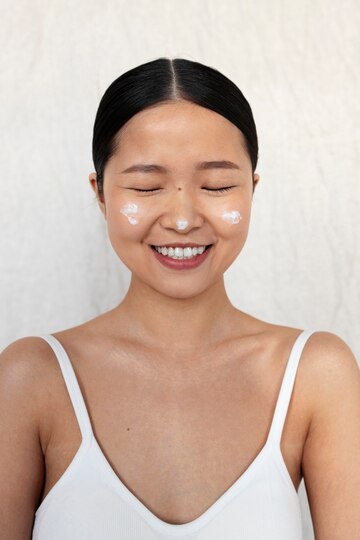How to treat thrush in women?


Thrush in a woman is a common condition that mostly affects the vaginal area. It is caused by a yeast called candida Albicans, also known as a yeast infection. The yeast overgrows in the vaginal area and multiplies in numbers, bringing multiple changes such as irritation, inflammation and cheese-like white discharge.
This happens when the bacteria in your vagina cannot control the yeast/fungus or when your immune system becomes weak.
It might also be passed from one person to another during sexual intercourse.
In their lifetime, over 75% of women will get vaginal thrush. This infection may also go by the labels candidiasis or monilia.
Symptoms include a white discharge, stinging or burning while peeing, and vaginal itching or burning. The signs of thrush might be lessened by using antifungal creams or vaginal pills. Other areas of the body, like the mouth, are also susceptible to thrush.
Vaginal thrush infection has the following symptoms:
Thick Vaginal discharge like cottage cheese
Vaginal irritation
Foul smell from the discharge
Pain with peeing or during sex
Sometimes abnormal bleeding will also occur
It is believed that higher amounts of oestrogen predispose women to vaginal thrush. Because there is a shortage of oestrogen, vaginal thrush affects younger and post-menopausal women less frequently. However, this does may not apply to post-menopausal women who use topical or oral oestrogen as a hormone replacement treatment.
Pregnant women
Taking antibiotics for infection
Women suffering from poorly controlled diabetes
Women using contraceptive pills
Obesity
A weakened immune system, like an HIV infection
Sexually transmitted infection (STI)
Presence of fungal skin infections
Bacterial vaginosis
Some women are more prone to experiencing thrush flare-ups repeatedly. Additionally, some women experience ongoing vaginal thrush symptoms, which are considered to be caused by their sensitivity to yeasts found in their natural vaginal flora.
Usually, a vaginal thrush diagnosis is made based on your medical history and symptoms. However, there are also other vaginal conditions that correlate with vaginal thrush. Therefore clinical evaluation is required to make a final decision by your doctor.
The doctor also can take a vaginal swab and confirm it through laboratory evaluation. They will diagnose it as vaginal thrush because the vaginal swab will contain a large amount of yeast.
However, sometimes the patient exhibits thrush symptoms but a vaginal swab doesn't.
It has been experienced in many patients that vaginal thrush can go away by itself and not need any treatment. However, in some cases, it persists for longer periods and does not respond to routine treatment. Therefore in such cases, you must visit a qualified doctor for the problem to resolve it on time.
Secondly, If the symptoms like irritation and inflammation become serious, then you should seek medical advice. The doctor may advise topical anti-fungal treatment for the yeast infection.
If you think you may have developed a chronic condition, please do not self-treat. Your doctor must confirm this diagnosis with a swab sent to a pathology lab. Please note that swabs may not give any useful results if any treatment has been used in the preceding weeks.
If you have vaginal thrush, your GP should be able to refer you to a specialist for further investigations and a treatment plan. This can include plenty of rest and time off work combined with antifungal cream or tablets. A doctor may also suggest ways to reduce the risk of spreading the infection in the future.
You can also visit a dermatologist for the infection.
Most commonly, anti-candida drugs are used for yeast infections. A cream called Azole is available on the market which belongs to anti-candida class drugs. You can apply it topically on your infection area for 7-14 days.
It is considered the most effective treatment against yeast infection. Even if you are on your period at the time of your thrush infection, you can use this treatment.
You might only require one application of the azole cream into your vagina at night if it is an isolated episode of thrush, which takes one year to arise again after the end of the first episode. You can also use the cream after 3-days or 6 days regularly.
In various cases, the infection is caused by Candida Glabrata and not Candida Albicans. In such cases, the treatment planning might differ, as Candida Glabrata does not respond to Azole cream.
Therefore vaginal swab is mandatory to confirm the species and design the treatment accordingly.
Find a variety of internal, external and pessary thrush treatments for women by visiting Welzo's Thrush Treatment page here.
In some women, recurrent vaginal infections occur. If you are experiencing the infection 4 or more times in a year, your condition is recurrent thrush. It can be best treated by a doctor with experience in the area.
Identifying and controlling any factors causing Candida albicans to grow out of control is important. A prophylactic treatment regimen may be advised if no contributory factors are discovered.
The doctor will prescribe topical anti-fungal drugs along with oral anti-fungal. The oral tablets should be used for 7-14 days.
You should follow the following steps to avoid a vaginal yeast infection.
Try to keep your genital area dry
Avoid using scented soaps or 'vaginal cleaning products' on your vagina, this will cause irritation and your vagina does not require any additional products to keep it sanitary.
When you're using the toilet, ensure that you wash your bottom front to back. This will stop Candida albicans from spreading from the rectum to the vagina.
In the vaginal area, stay away from antiseptics, douches, and perfumed sprays.
Use menstruation products and toilet paper without fragrance.
Wearing synthetic underwear and tight-fitting jeans is not recommended.
Don't use fabric softeners, and think about switching your soap to something more gentle.
At Welzo we have several types of thrush treatments available to treat vaginal thrush. View the range here.
To order Canesten Internal and External Cream, click here.
To order a Canesten Pessary and External Cream, click here.








Plus get the inside scoop on our latest content and updates in our monthly newsletter.